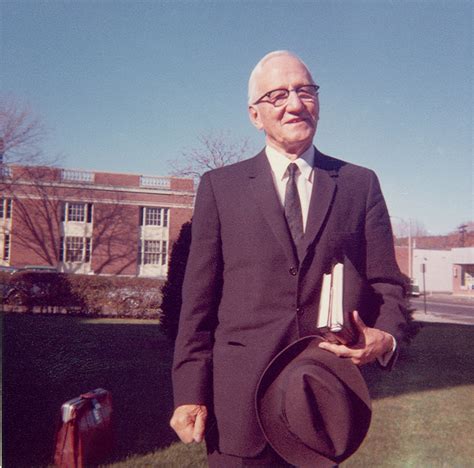Цитата Фланнери О'Коннор
Возникает вопрос, может ли вера и должна ли она приносить эмоциональное удовлетворение. Должен сказать, что мысль о том, что все бездельничают в эмоционально удовлетворяющей вере, мне противна. Я верю, что в конечном счете нас направляют к Богу, но этому путешествию часто мешают эмоции.
Связанные цитаты
Истина в том, что моя работа — я хотел сказать, моя миссия — состоит в том, чтобы разрушить веру людей здесь, там и повсюду, веру в утверждение, веру в отрицание и веру в воздержание в вере, и это ради вера в саму веру; это война против всех тех, кто подчиняется, будь то католицизм, рационализм или агностицизм; это заставить всех людей жить жизнью беспокойства и страстных желаний.
Иисус не говорит: «Религия, основанная во имя Мое, — это путь, истина и жизнь, [и] то, что люди говорят обо мне, — это путь». «Наш способ поклонения, христианская структура — это не тот путь», [он говорил:] «Я есть. Я есть. Если вы хотите знать, что такое жизнь, какой она должна быть, где она должна быть иди туда, откуда она должна черпать свою силу, не смотри ни на что, что говорят обо мне люди. Не смотри на созданную веру. Смотри на мою жизнь, которая есть жизнь в конечном счете жертвенной любви».
Истина не меняется в зависимости от нашей способности переваривать ее эмоционально. Высший парадокс смешивает эмоции так же, как и разум, и в жизни всех нас и святых бывают долгие периоды, когда истина, открываемая верой, является отвратительной, эмоционально тревожной, совершенно отталкивающей. Станьте свидетелем темной ночи души в отдельных святых. Сейчас весь мир, кажется, переживает темную ночь души.
Вера, чтобы быть верой, должна быть сосредоточена вокруг чего-то неизвестного. Вера, чтобы быть верой, должна выходить за пределы того, для чего есть подтверждающие доказательства. Вера, чтобы быть верой, должна идти в неизвестность. Вера, чтобы быть верой, должна пройти до края света, а затем сделать несколько шагов во тьму. Если все должно быть известно, если все должно быть объяснено, если все должно быть удостоверено, то вера не нужна. Действительно, места для него нет.






































